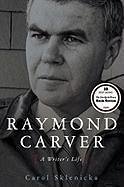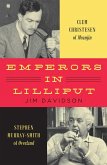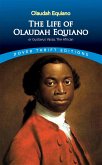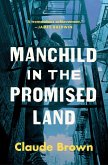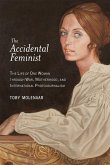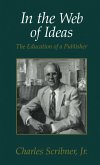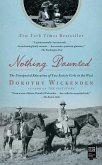When Raymond Carver died at age fifty, readers lost a distinctive voice in its prime. Carver was, the Times of London said, "the Chekhov of middle America." His influence on a generation of writers and on the short story itself has been widely noted. Not so generally known are how Carver became a writer, how he suffered to achieve his art, and how his trou-bled and remarkable personality affected those around him.
Carol Sklenicka's meticulous and absorbing biography re-creates Carver's early years in Yakima, Washington, where he was the nervous, overweight son of a kindly, alcohol-dependent lumbermill worker. By the time he was nineteen, Ray had married his high school sweetheart, Maryann Burk. From a basement apartment where they were raising their first child and expecting their second, they determined that Ray would become a writer. Despite the handicaps of an erratic education and utter lack of financial resources, he succeeded.
Maryann's belief in Carver's talent was unshakable, as was her willingness to support the family and see her experiences transformed in his fiction. Sklenicka reveals the entwined histories of this passionate, volatile marriage and Carver's career. She describes his entry into the literary world via "little magazines" and the Iowa Writers' Workshop; his publication by Esquire editor Gordon Lish and their ensuing relationship; his near-fatal alcoholism, which worsened even as he produced many of the unforgettable stories collected in Will You Please Be Quiet, Please? and What We Talk About When We Talk About Love. The biography also depicts Carver's warmhearted friendships with scores of writers, including Richard Ford, Tobias Wolff, John Gardner, Joy Williams, Al Young, William Kittredge, Leonard Michaels, Chuck Kinder, and Hayden Carruth. Sklenicka shows how his stories about unemployment, drinking, marital trauma, divorce, troubled children, and suburban malaise, dubbed "minimalist" by critics, won readers with their precise and humane portrayal of ordinary lives. She examines the dissolution of his first marriage and his partnership with poet Tess Gallagher, who helped him enjoy the full measure of his success. Ever grateful that he'd been able to renounce alcohol, Carver shunned pity and considered himself a "lucky man" as he faced death from lung cancer in 1988.
Carol Sklenicka draws on hundreds of interviews with people who knew Carver, prodigious research in libraries and private collections, and all of Carver's poems and stories for Raymond Carver, which took ten years to write. Her portrait is generous and wise without swerving from discordant issues in Carver's private affairs. Above all Sklenicka shows how Carver's quintessentially American life fostered the stories that knowing readers have cherished from their first publication until the present day.
Dieser Download kann aus rechtlichen Gründen nur mit Rechnungsadresse in A, B, BG, CZ, D, DK, EW, E, FIN, F, GR, HR, H, I, LT, L, LR, NL, PL, P, R, S, SLO, SK ausgeliefert werden.

